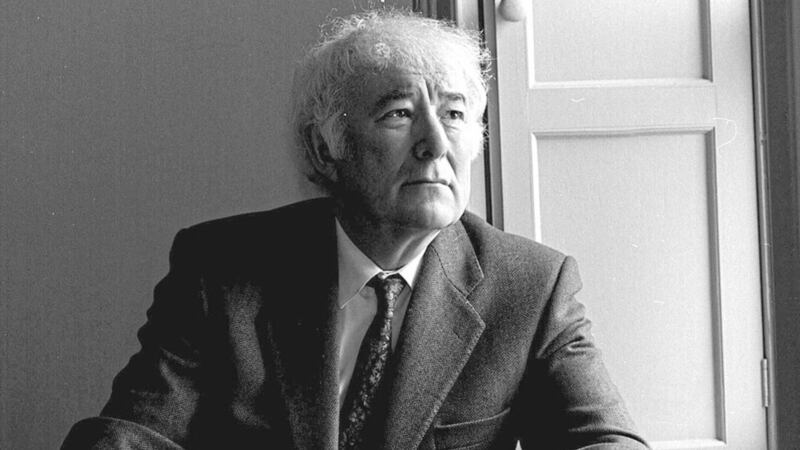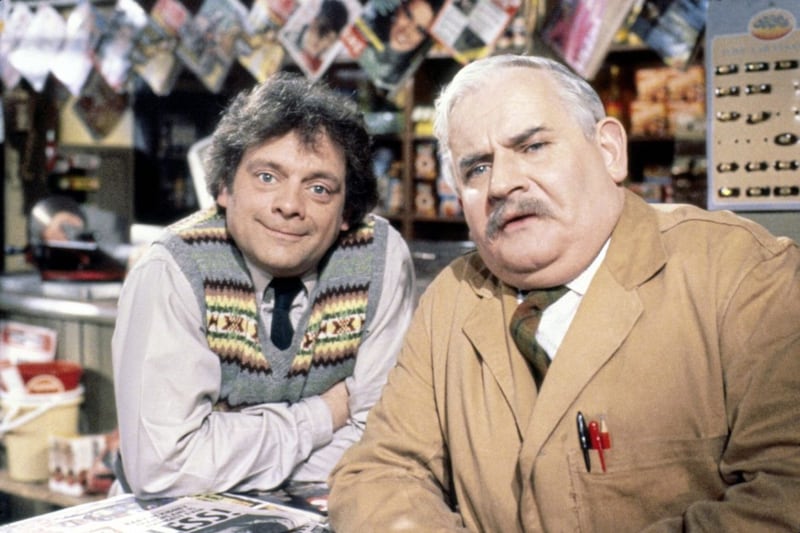ALARM and despondency (on my part at least) at the news that schools will be allowed to drop poetry from the GCSE English syllabus - the implication being that pupils reared in an increasingly science and technology-obsessed era find poetry intellectually too challenging.
The result will be a generation of cultural philistines.
What is poetry? It's the distillation of ideas to their very essence, a sublime means of self-expression that takes many finely-crafted forms.
Poetry has the power to move, to inspire, to touch something deep within the reader or listener.
Poetry catalogues every aspect of the human condition in structured and carefully woven tapestries of words, in vivid cadences of rhythm or rhyme. It provokes an empathetic and often envious response from the reader who finds their own thoughts and feelings mirrored in the text, but much better expressed.
Poetry is a bank of cultural riches that anyone can draw on for inspiration, for consolation, for the sheer admiration of how commonplace workaday words can be wrought into an art form that kindles something within us we cannot articulate ourselves.
Respected, honoured, even revered throughout history in every culture, bards and poets have recorded in story, song and epic verse the triumphs and defeats, the customs and traditions, the joys and sorrows of their people, passed from generation to generation. Are we going to break the cycle?
My generation is the last to learn poetry by heart in primary school, often not mining its meaning until we were much older.
I'm grateful for it now. Fragments come back unbidden. Watching the tragic incident that triggered 'Black Lives Matter', I suddenly uttered the opening lines of a poem I learned at nine years old:
"My mother bore me in the southern wild
And I am black, but O, my soul is white..."
Poetry from a young age bred in me a love of words and the music they make when put together. I believe that our inarticulate teens don't get enough poetry.
There wouldn't be half as much adolescent angst if they could express themselves better emotionally and realise that in every era there have been similarly 'tortured souls' who managed to pin their pain to paper.
Aged 10 I decided to write my own poetry (I cringe at the memory). In a sticky-outty frock from C&A, I broadcast live on BBC NI radio 'Children's Hour' and was rewarded with a book-token worth one guinea.
I waited for the BBC to get back to me. They did... 25 years later.
At O- and A-level English we were taught how to critique poetry, to analyse it in forensic detail, its structure and discipline, its precision of imagery and vocabulary.
I found it fascinating - but couldn't be doing with T.S. Eliot. As an adult, I've workshopped under the eye of real poets, who more or less implied (not unkindly) I should stick to prose.
Never a subscriber to the 'less is more' philosophy, my efforts were embarrassingly over-written.
My career as an early years teacher coincided with an explosion of writing in child-friendly poetry and prose.
Working on the principle of 'catch 'em young', I would read a poem aloud every day and put a copy on the classroom wall.
On Fridays they would vote for their favourite. The last quarter-hour of every school day was storytime.
Past pupils recall nothing else I taught them but the poetry and the stories. "Miss, you used to tell us, 'See the pictures in your head'," one said.
Where was I? A curriculum without poetry is well nigh criminal neglect. Are we, by default, to leave our young culturally starved of a sublime art form? Should we let them feast instead on a junk food diet - the puerile schmaltz of pop lyrics, the profound banality of much teen-targeted writing - and grow up intellectually stunted ignoramuses?
Poetry - a comfort in a time of Covid. Read a poem today. Maybe it'll stir something within you that will, as eminent 'celebrant of the ordinary' Seamus Heaney put it, "catch the heart off guard and blow it open".








